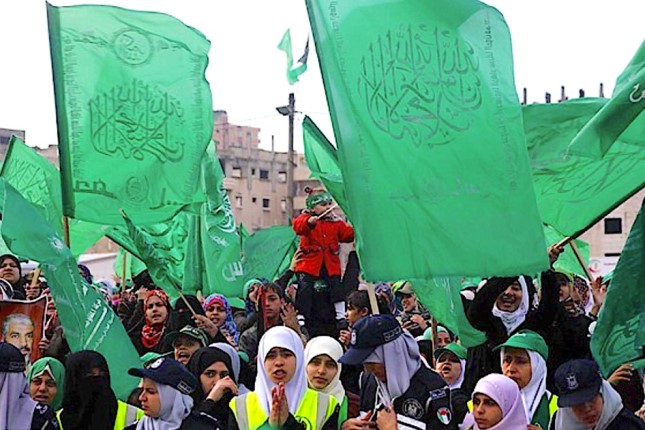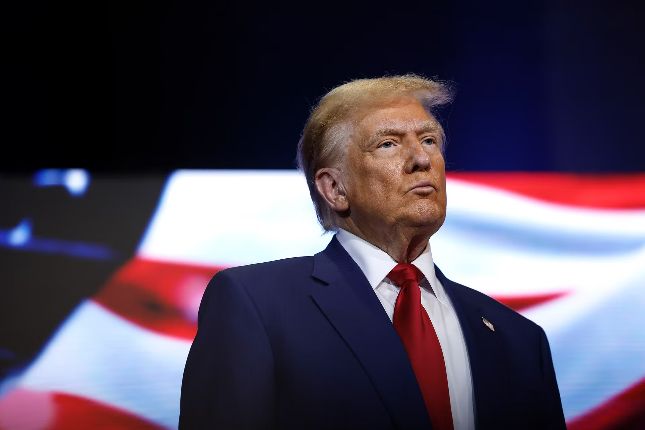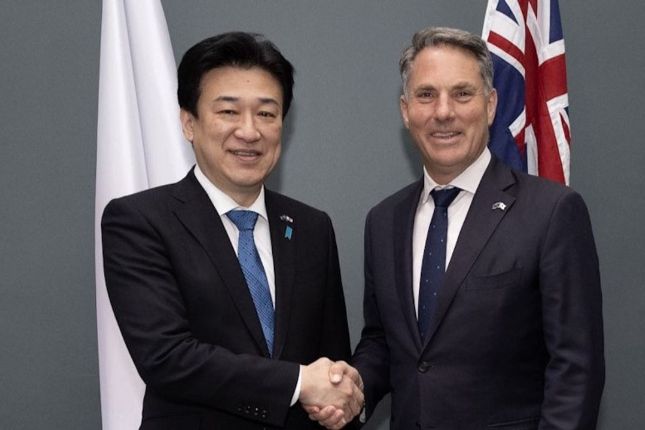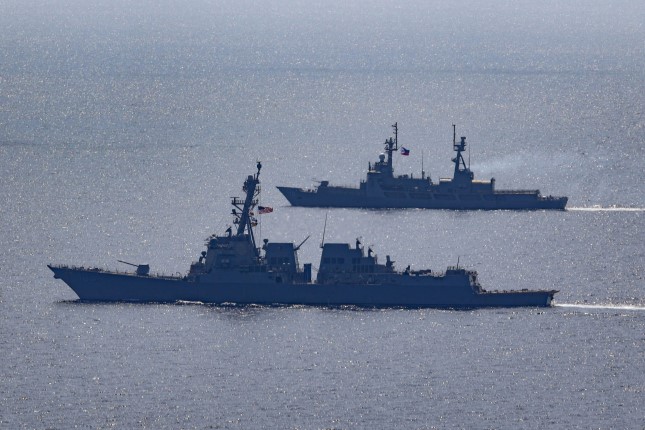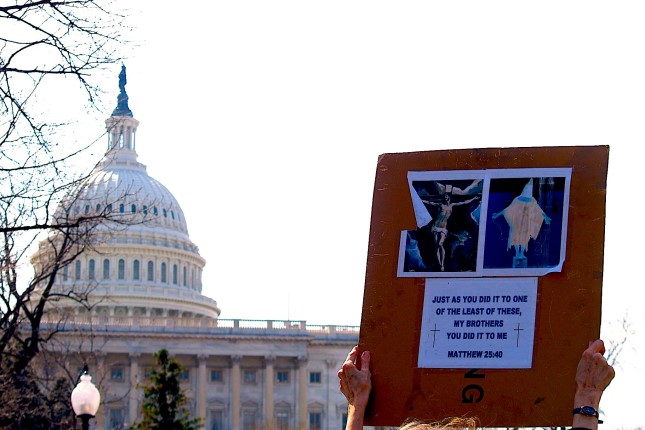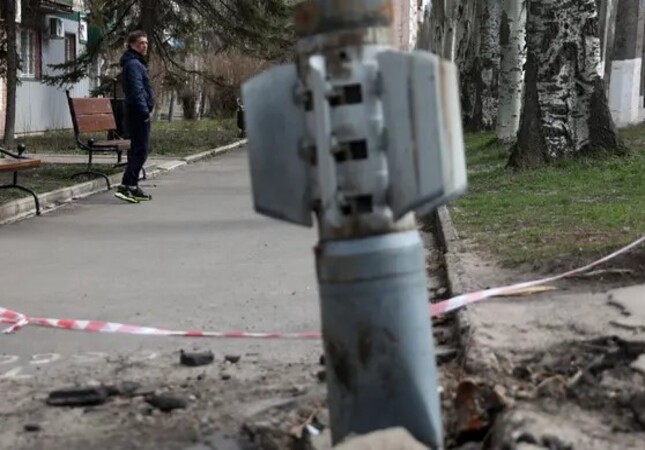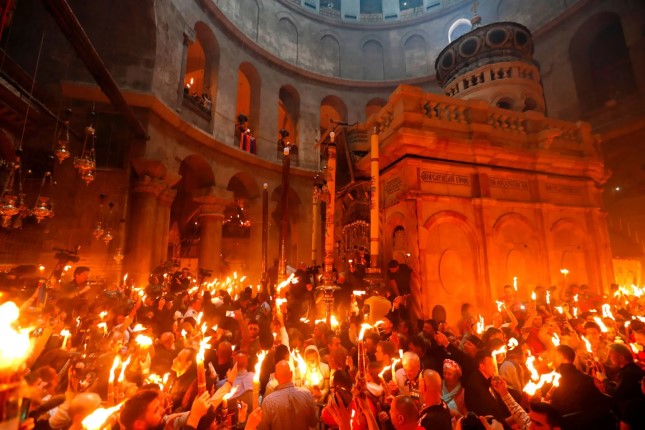Israeli diplomats have gained notoriety over time as a unique breed in the international circuit who have no time or patience for niceties or propriety when Tel Aviv instructs them to go for the jugular veins of the host country where they are assigned.
The threshold was set by none other than Prime Minister Benjamin Netanyahu when in 2015 he extracted from the lawmakers on Capitol Hill in Washington an invitation to visit the U.S., bypassing the proper channel of President Barack Obama, and address a joint session of the Congress — which he proceeded to do with elan to undermine Obama’s negotiations with Tehran on the nuclear deal.
It was a blatant interference in the U.S. political system. Netanyahu not only belittled Obama and showed that his clout with the power brokers in Washington was greater than the president’s but also dictated to the White House the U.S. policy towards Iran.
He got away with it because he estimated, rightly, that the U.S. political elites were on the payroll of the Israel Lobby.
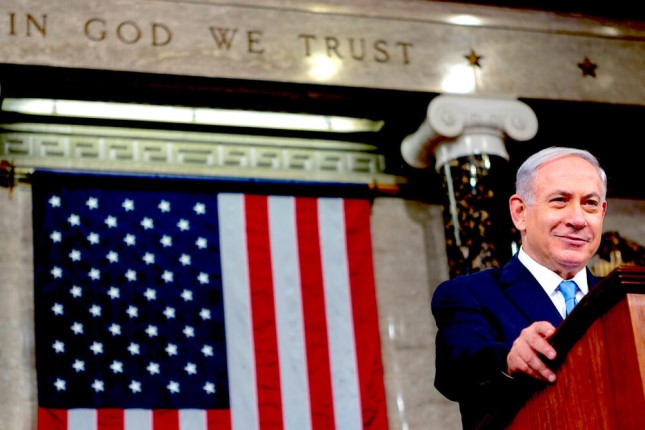
March 3, 2015: Netanyahu addressing U.S. Congress for third time. Photo: Speaker John Boehner, Flickr, CC BY-NC 2.0.
The above episode comes to mind seeing the media reports of remarks by the Israeli ambassador in New Delhi, Naor Gilon, who publicly demanded a shift in the Indian policy toward Palestine by banning Hamas as a “terrorist” organisation.
Gilon is a career diplomat with a track record of almost 35 years and it is unlikely he was ignorant of propriety. Conceivably, Delhi stonewalled Gilon’s demarche on Hamas and he decided to take his battle to the entrenched Israel Lobby in the Indian media.
These are times when Israeli diplomacy is desperately in need of a success story as the country’s reputation is in the mud following its barbaric cruelty in Gaza.
The perception that Israel is committing genocide and perpetrating ethnic cleansing is gaining ground during this phase of the military operation following the “humanitarian pause.”
Unless Israel has a change of direction due to U.S. pressure, which seems unlikely, a protracted confrontation with Hamas is in the offing.
But broader Western pressure is also lacking. The G7 foreign ministers in their joint statement on Nov. 28 restricted themselves to support for “further extension of this pause and future pauses as needed to enable assistance to be scaled up, and to facilitate the release of all hostages.”
The statement did not call for a permanent cease-fire. Instead it reiterated the G7’s commitment to “Israel’s right to defend itself and its people, in accordance with international law, as it seeks to prevent a recurrence of the October 7 attacks.”
Extreme Violence Ahead
Despite all the bravado, the Israeli military hasn’t given a good account of itself so far and is smarting under that. But that is not surprising since Hamas enjoys mass support in Gaza.
Therefore, a period of extreme violence lies ahead. And Israel is rallying friendly nations to stand up and be counted through its next phase of war against Hamas — India being one of them.
Israel under Netanyahu has a highly controversial past vis-a-vis Hamas. Two former prime ministers, Ehud Olmert and Ehud Barak, recently gave interviews to prominent Western media alleging that Netanyahu is responsible for the rise of Hamas, having financed the movement with Qatari funds.
A former Israeli general who was in charge of occupation of Gaza has actually admitted to have disbursed funds to Hamas.
These stunning disclosures by responsible people expose that Netanyahu is a man of many parts. When Ambassador Gilon demands that Delhi should declare Hamas as a terrorist organisation, it all depends on which faction of Hamas he is referring to.
Curiously, the Hebrew-language daily newspaper published in Israel under the Ma’ariv Hashavu’a brand has just come out with a sensational report to the effect that between 2011 and 2023, Netanyahu rejected at least six plans presented by the Israeli intelligence agency Shin Bet — during the respective tenures of Yoram Cohen, Nadav Argaman and the current head, Ronen Bar — to eliminate the leader of Hamas fighters in Gaza, Yahya al-Sinwar (who apparently led the assault on Oct. 7) and other senior members of the Palestinian movement.
The former Israeli Defence Minister Avigdor Liberman confirmed the veracity of this report. According to Liberman, Netanyahu was the one who granted “immunity” to Sinwar and other leaders of Hamas, standing against any attempts to neutralise them. “I’m stating this not as mere speculation, but as someone with personal knowledge of the matter,” he stated.
Indeed, Netanyahu has had a dubious record of systematically strengthening Hamas to deepen divisions between the Palestinian factions with an agenda of weakening the Palestinian Authority and its president, Mahmoud Abbas. His ulterior objective has been to stall any and every peace process, buying time for the Greater Israel project to be completed.
Ben Caspit, a leading journalist in Israel who wrote the Ma’ariv report last week estimates that Netanyahu views Hamas as a “treasure” that will help him scuttle the two-state solution.
Caspit recalled that the first favour Netanyahu offered Hamas was the prisoner swap deal in 2011 that saw the release of Israeli soldier Gilad Shalit in return for 1,027 Palestinian detainees — including Sinwar.
Resistance Never Dies
Clearly, India should steer clear of Netanyahu’s shenanigans vis-a-vis Hamas. Hamas’ political leadership based in Doha was party to the three-way top secret discussions last week between the visiting C.I.A. director and Mossad chief on one side, and the Qatari mediators on the other side on an extended cessation of hostilities in Gaza.
The terrible beauty of resistance movements anywhere is that they never die. In the final analysis, Hamas may well figure prominently in any future Palestine, as the African National Congress (ANC), which was a banned organisation from 1960 to 1990, eventually did in post-apartheid South Africa. (ANC maintained a representative office in New Delhi from the 1960s onwards.)
It is an open secret that Netanyahu — with tacit U.S. backing and covert participation by Egypt and Jordan — sabotaged the holding of legislative elections in the West Bank in May 2021 for fear that Fatah movement would face certain defeat at the hands of Hamas. Public opinion polls had indicated a likely landslide victory for Hamas.
Gilon is being clever by half to demand a reciprocal move by India for Israel’s recent ban on Pakistan-based terror group Lashkar-e-Taiba. The analogy is ridiculous.
Lashkar-e-Taiba is an Islamist terror organisation based in Pakistan operating in India and Afghanistan. It began in the late 1980s as a militant wing of Markaz-ud-Dawa-wal-Irshad, an Islamist organisation influenced by the Wahhabi sect of Sunni Islam and sought ultimately to establish Muslim rule over the entire Indian subcontinent.
Hamas, on the contrary, is an indigenous Palestinian movement that exclusively focuses on the vacation of Israeli occupation. Hamas promotes Palestinian nationalism in an Islamic context.
It affirms that the role of the Palestinian Authority should be to serve the Palestinian people and safeguard their security, their rights and their national project. Hamas stresses the necessity of maintaining the independence of Palestinian national decision-making and empowerment of Palestinian people.
If an analogy is to be brought into the discourse at all, the nearest could be with Sinn Fein in Northern Ireland and its militant wing known as the Irish Republican Army.
Arguably, the fact that peace has held for a quarter century in Northern Ireland since the Good Friday Agreement of 1998 gives a ray of hope for Palestine that the burden of history can after all be lifted. As a civilisation state, India should only act with a deep sense of history.
Main photo: 25th anniversary of Hamas celebrated in Gaza in 2012 © Wikimedia Commons / CC BY 4.0.
Source: Consortium News.
